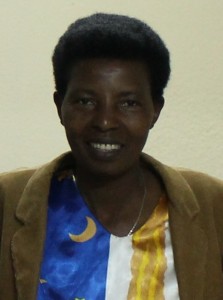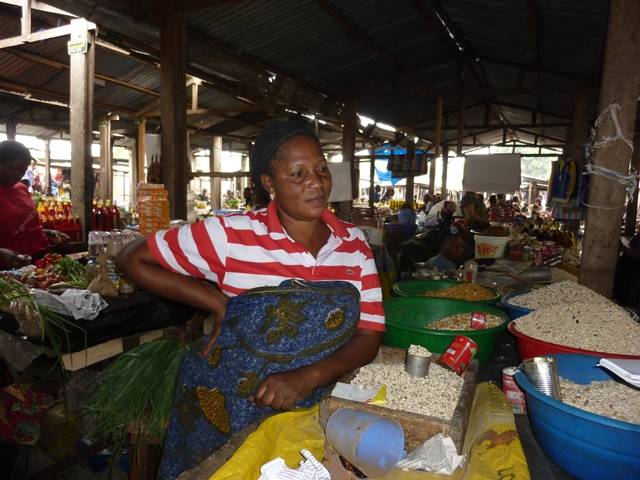The HOPE Bankers’ Club could never be confused with one of HOPE International’s community banks—after all, members meet in an air-conditioned room off a paved street in Lancaster, PA—but there are striking similarities between this group and those meeting overseas. Much like HOPE’s clients, the group of 10 entrepreneurs meets regularly to trade business best practices and learn from one another’s experience. They work in different sectors—from real estate, to insurance, to food packaging—but each is an entrepreneur from the same community, with an understanding of the unique challenges and opportunities of their operating environment. Like so many of their community bank counterparts, members of the HOPE Banker’s Club also spur one another not only to greater financial success but also to glorifying God through their work.
Archives For Spiritual Integration
HOPE Intl
HOPE Intl
Spiritual Integration Working with the poorFor HOPE staff in Ukraine, reevaluating their spiritual integration (SI) efforts meant reflecting back to the time of Jesus. How could they more effectively apply a 1st century model of evangelism to the 21st century? Their conclusion was simple: discipleship.
Staff started by asking if what they were doing was working and realized that their efforts were spread too thin. Many clients had a basic understanding of Christianity, but far fewer had committed their lives to Christ or joined the local church. Staff members tried to evangelize every client—a daunting task when most branches have just two or three staff members. Their efforts ensured a wide breadth of outreach but left little time to invest deeply in clients’ lives. HOPE Ukraine staff wanted more for their clients.
At the same time, several other countries using an individual lending model were facing similar challenges. In February, leaders from HOPE-led programs in Ukraine and Russia were joined by HOPE partners from Moldova and Romania for a Spiritual Integration Summit. These leaders thoughtfully and prayerfully decided to refocus their programs—moving from general evangelism to personal discipleship after Jesus’ model. Each staff member will invest in a few deep relationships with clients, responding to their unique needs with the hope of the Gospel and raising up disciples who may someday become disciple-makers.
Muraho! It’s a lovely sunny day in Rwanda. I invite you to journey with me to a savings group meeting in the hills of Byumba, Rwanda.
 First, we hop in a truck with Verene, the field coordinator for the Byumba diocese (each region has a Savings and Credit Association field coordinator chosen by the Anglican Church); Musoni, the driver; Garrett, the HOPE microenterprise technical advisor who is experiencing the second week of his two-year stay in Rwanda; and Matthew Rohrs, the HOPE director of spiritual integration. As we make the two-hour drive from Kigali to Byumba, you may be as awed as I am at the beauty of this country known as the land of a thousand hills. The pictures that we bring home just don’t do the scenery justice!
First, we hop in a truck with Verene, the field coordinator for the Byumba diocese (each region has a Savings and Credit Association field coordinator chosen by the Anglican Church); Musoni, the driver; Garrett, the HOPE microenterprise technical advisor who is experiencing the second week of his two-year stay in Rwanda; and Matthew Rohrs, the HOPE director of spiritual integration. As we make the two-hour drive from Kigali to Byumba, you may be as awed as I am at the beauty of this country known as the land of a thousand hills. The pictures that we bring home just don’t do the scenery justice!
I used to look out at grassy hillsides where controlled fires had left the land black and smoldering and think, “Can beauty really come from these ashes?” “Can life really emerge from the scorched earth and be even richer and stronger than ever?” I find myself asking the Lord some of these same questions as I look at the world around us. Do I truly, deeply trust Him to transform lives—to bring beauty out of brokenness? Transformation is easy to talk about. But when it is up close and personal, when the lives of those around me depend on it, do I really believe it? When faced with real brokenness in my life, in the lives of those around me, and in the lives of those we serve around the world, I find myself asking, “Do I truly believe that God is in the business of deep transformation here and now?”




















